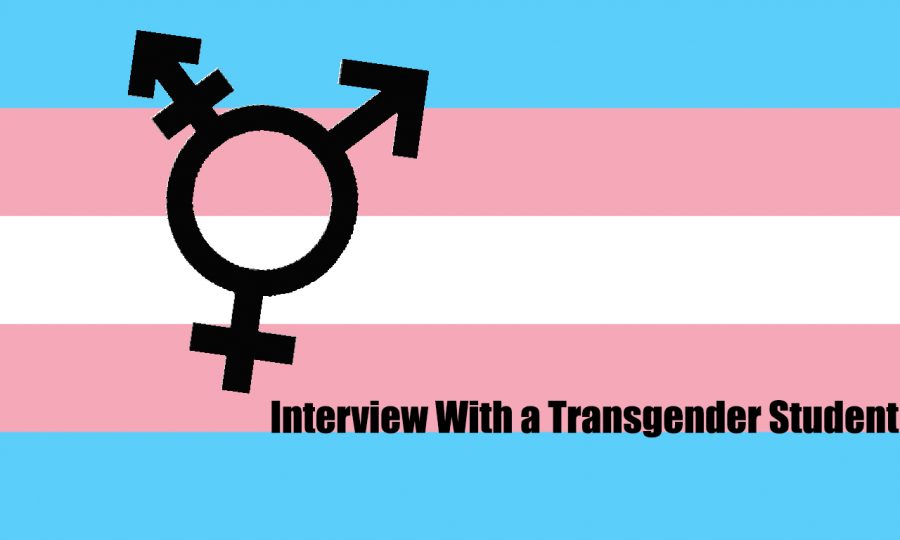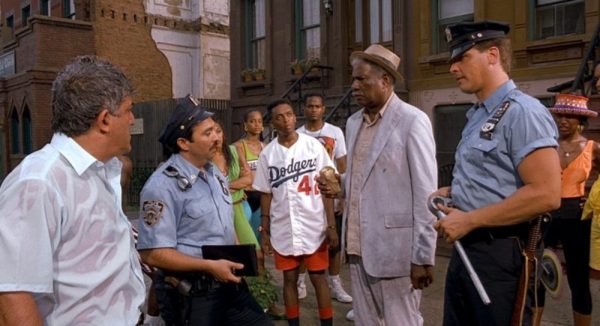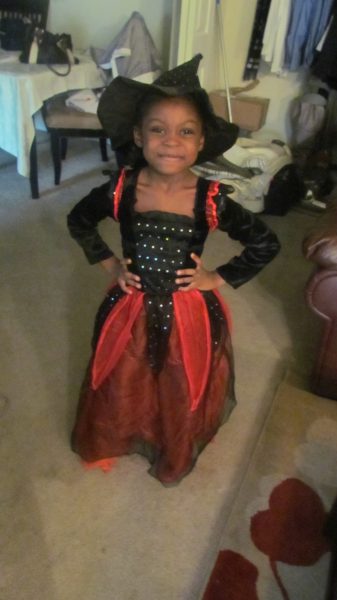Transgender student opens up about obstacles faced in daily life at school
Transgender students face a variety of problems that cisgender students do not have to worry about on a daily basis. One of Watkins Mill’s transgender students discusses those here.
The transgender community in the United States faces many issues, whether it comes to being misgendered or harassed, receiving legal protection, or even experiencing discrimination.
Being transgender means identifying with a different sex than the one assigned at birth. However, that does not mean that trans people identify as the opposite sex: there is also the designation of queer, non-binary, genderfluid, and more.
The Trump administration recently announced that it plans to redefine gender under Title IX, which will make many aspects of life more challenging for transgender individuals. Closer to home, Montgomery County Public Schools has released its revised guidelines concerning gender and sexuality in school.
But what does life look like for a transgender student in high school? The Current interviewed a transgender student to find out.
The student’s identity will remain anonymous for privacy purposes.
Q: What are some things that transgender students experience on a day-to-day basis?
A: I can’t say for everyone, but personally I get misgendered a lot by both students and teachers. I also personally feel uncomfortable using the [gendered] bathroom. I know [students] don’t care; I just feel more comfortable using a more private bathroom. Though, it does bother me when a teacher will tell me to only take two minutes to use the restroom because they don’t understand that I have to walk across the school to find a bathroom that I’m comfortable in. I understand that it can take a while, but it is not their business where I go and they should not be controlling my time that way. Gendered locker rooms and sports are also a tough issue for transgender students.
Q: What are some common questions asked out of innocence that some transgender students find very offensive?
A: I get asked about body surgery and generally personal things. I personally don’t find personal questions offensive, because I understand that they’re just trying to learn from me. I do usually ask them not to ask another trans person those types of questions though because they’re not anyone’s business.
Q: For the most part, do you believe Watkins Mill is accepting of trans students? Why or why not?
A: I do. Principal Goddard is very open and welcoming and so is the staff.
Q: What was the most memorable moment you experienced as a transgender student?
A: Nothing really stands out to me, but teachers who are accepting and compassionate will stick with me for life, that’s for sure.
Q: What do you want cisgender students to know when they encounter a trans classmate for the first time? What’s okay to ask and what isn’t?
A: Well, for a cisgender student to encounter a trans classmate, that person had to come out to them. In some cases, transgender students don’t really come out to other students. But if the cisgender student found out that there was a transgender classmate in their grade, they should ask for their pronouns.
Q: How do you address it if the wrong pronouns are used? Are you ever uncomfortable correcting a teacher? How would you like teachers to address the issue if they aren’t sure?
A: When people use the wrong pronouns, I don’t correct them because I tried to figure out what’s wrong with the way I look or what I need to do to pass* more. I’m a little uncomfortable correcting my teachers because they use [the wrong] pronouns for so long that the whole class is used to those pronouns. Getting my teacher to use my correct pronouns just means that the whole class is going to know that I’m trans. I don’t care if the class knows, but then the questions start.
*To pass is to look stereotypically gendered so that one can “pass” as a certain gender.
To learn more about how to be an ally or to get help, check out the resources at https://www.glaad.org/transgender/resources
Your donation will support the student journalists of Watkins Mill High School. Your contribution will allow us to purchase equipment and cover our annual website hosting costs.
Nana Osei Tutu is a Senior at Watkins Mill and is one of the Co-Editor In Chiefs of The Current. She is involved in many programs at the mill as well ...












